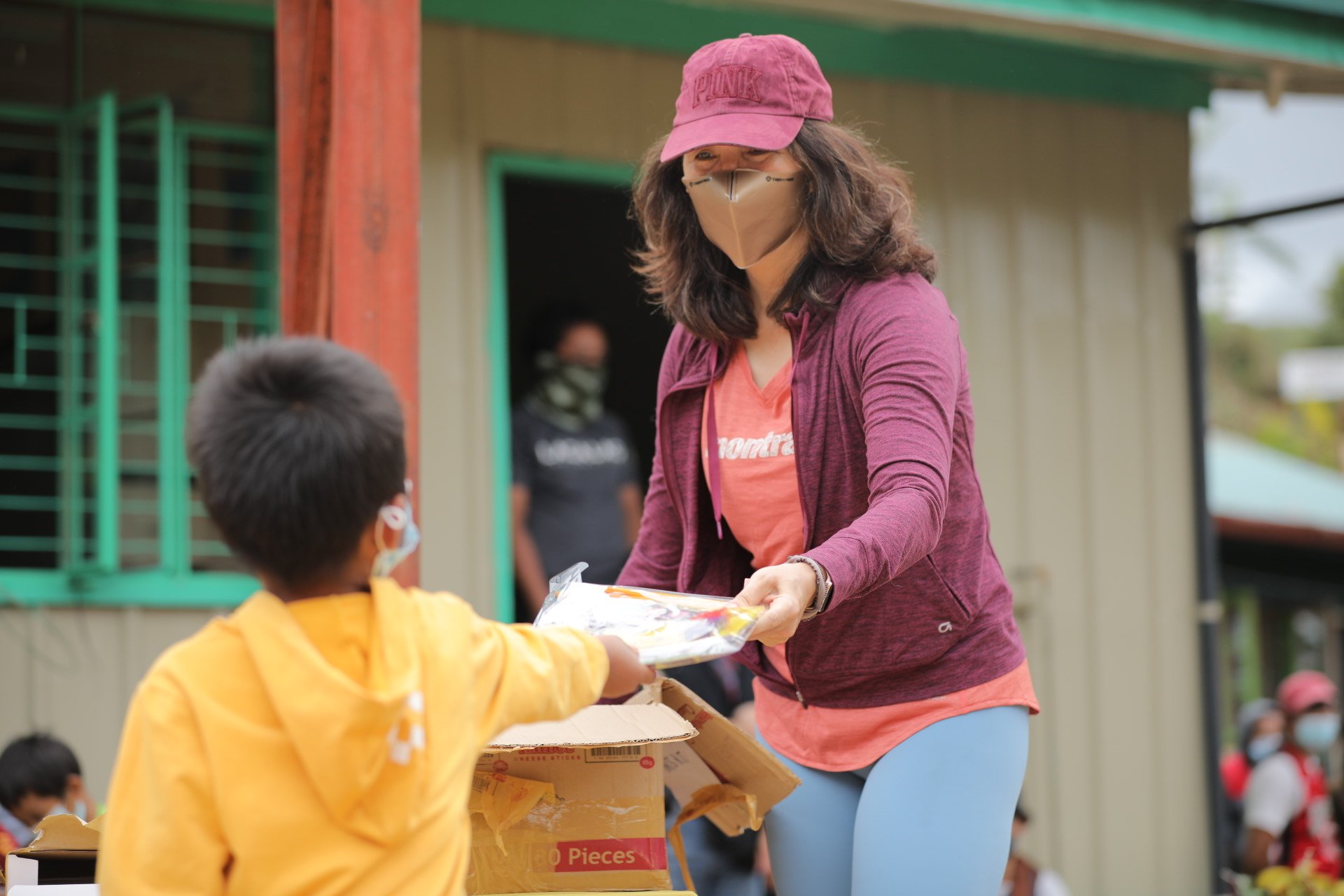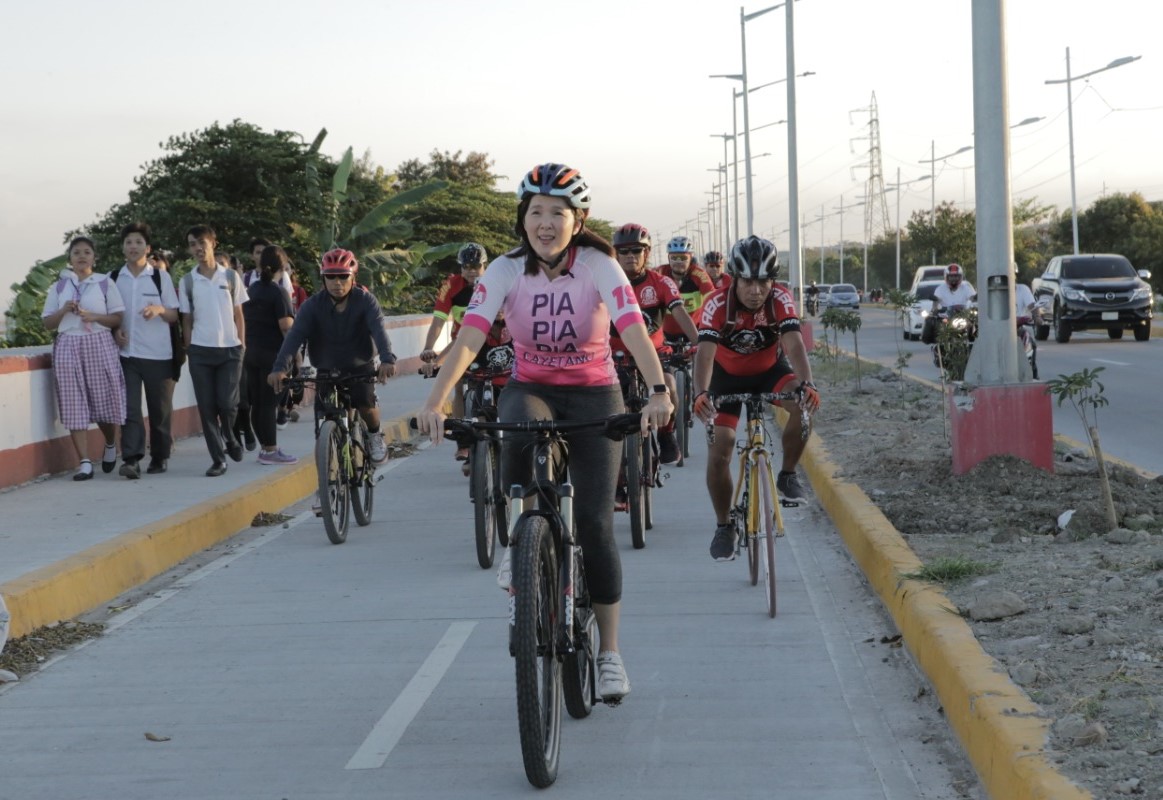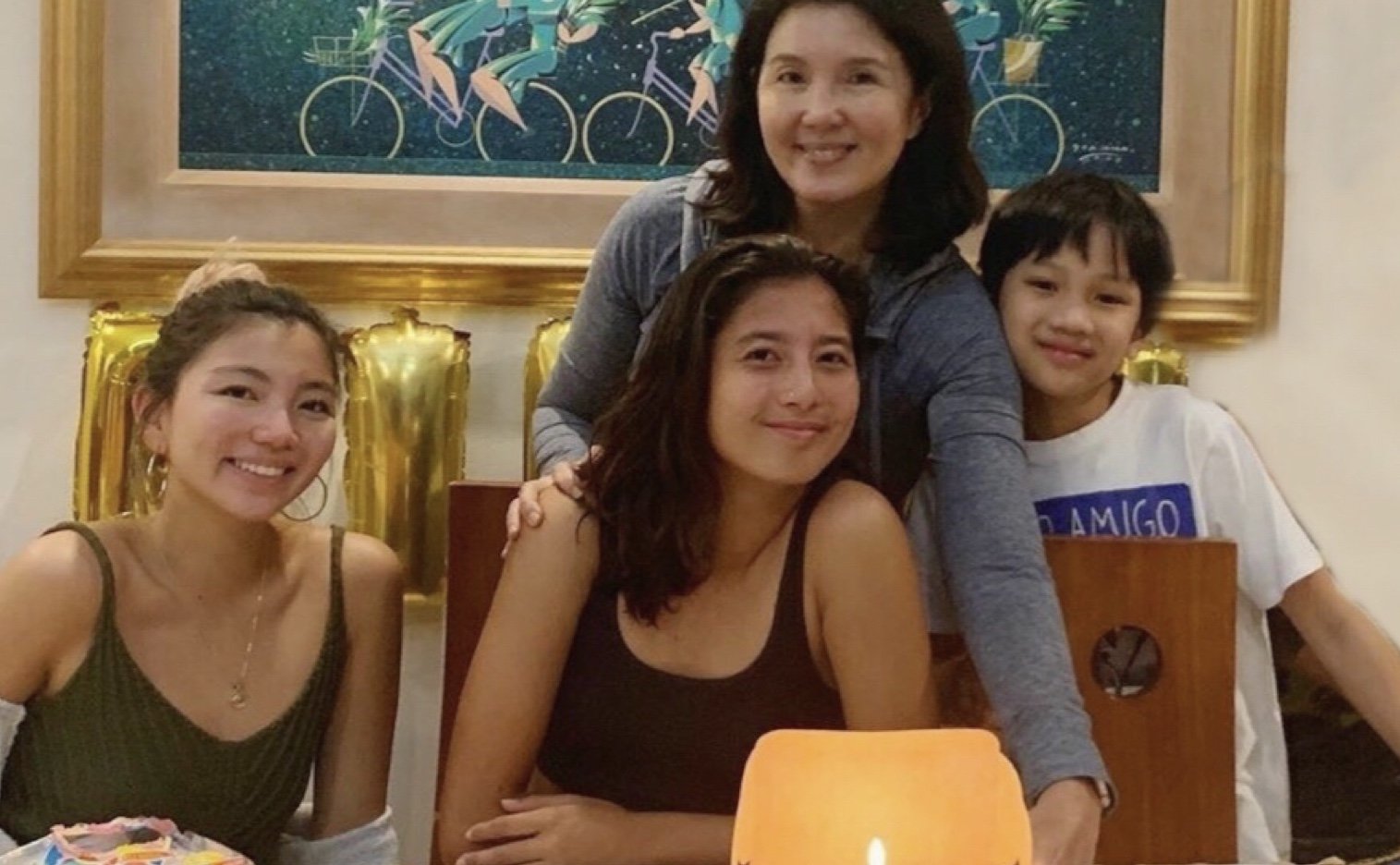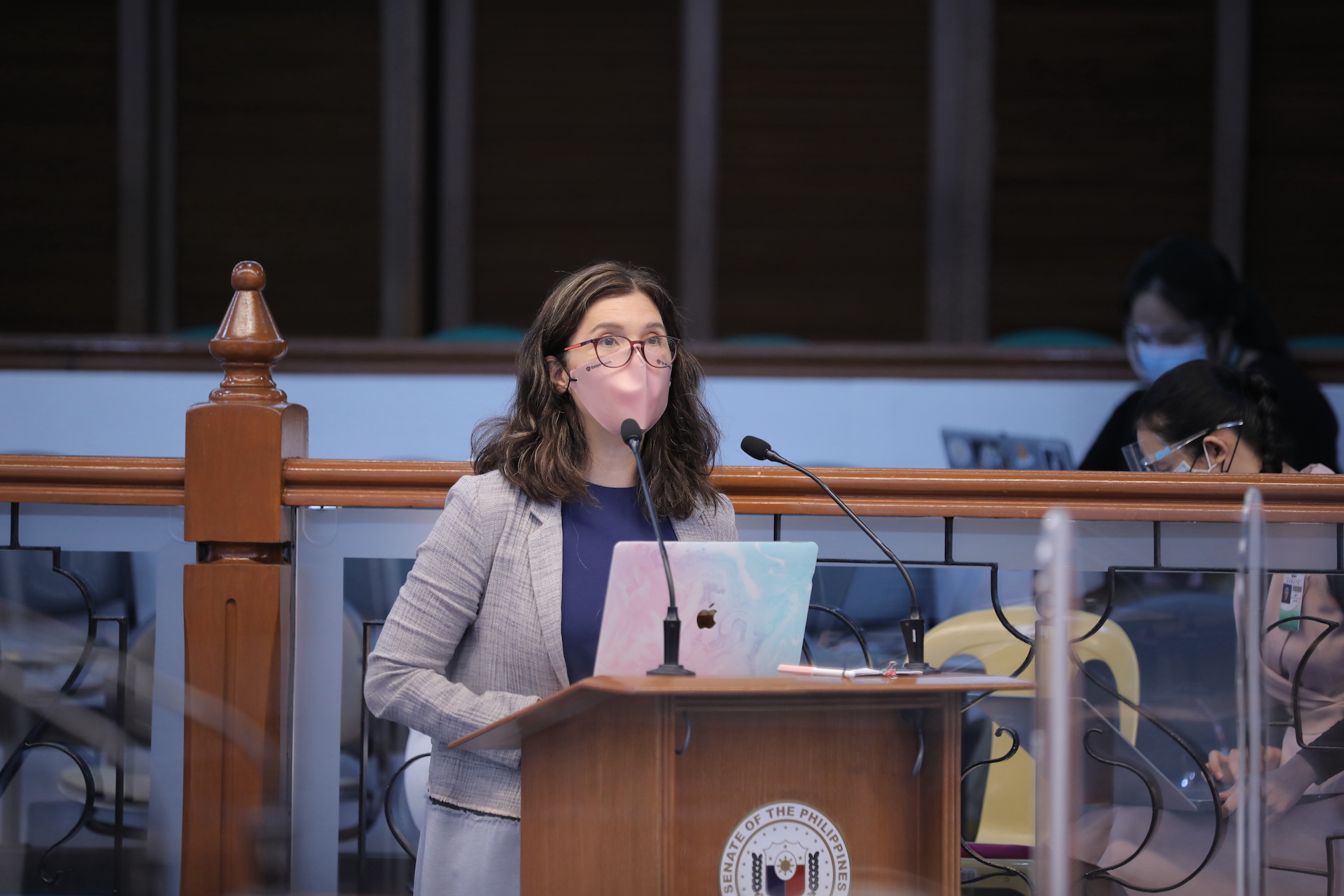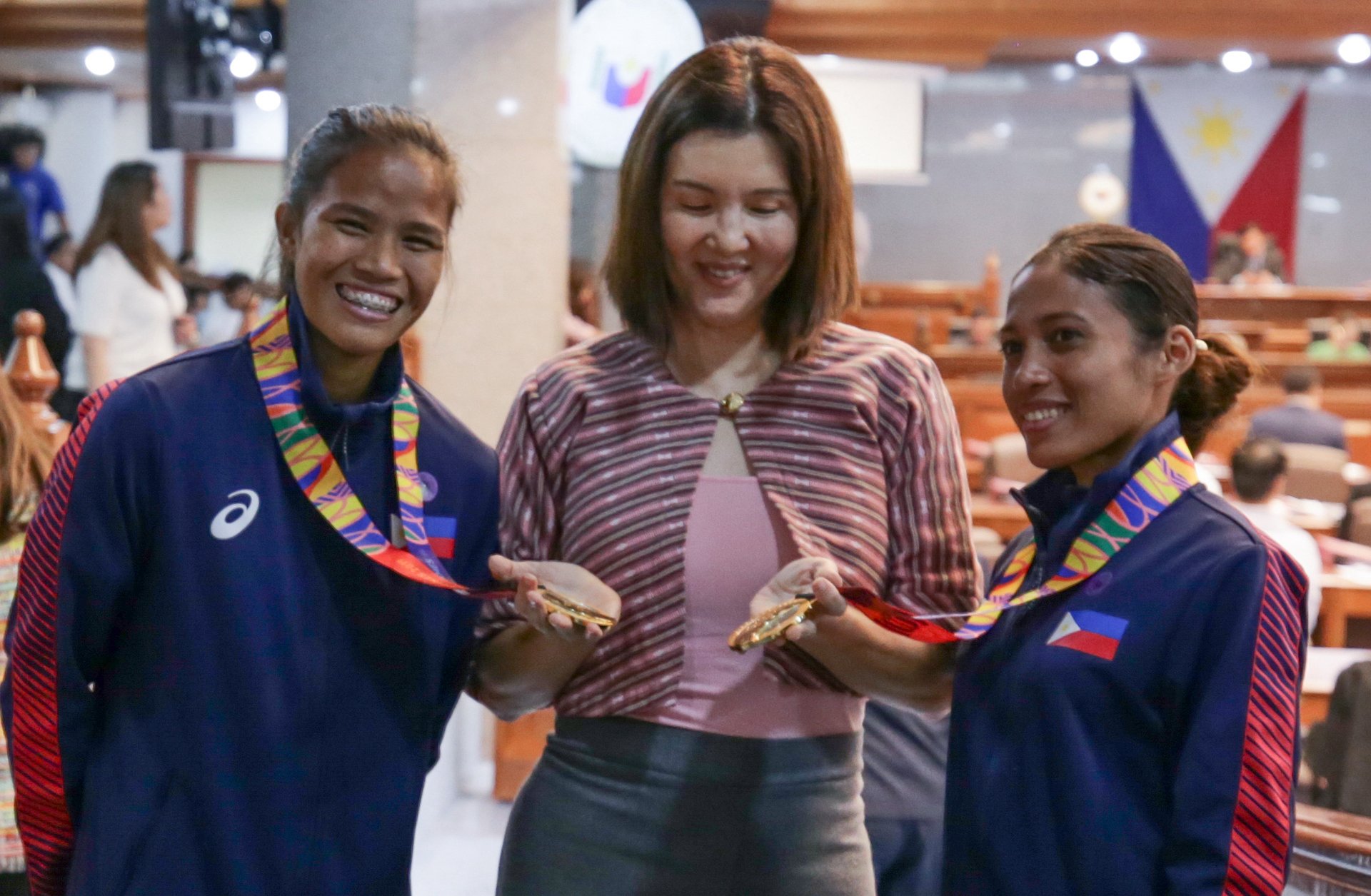Violence comes in many forms. It is not just physical, like a black eye or a swollen face. Other forms of violence are less visible but equally painful and damaging.
Incidents involving video-taping and the posting/circulating of such material has brought about many questions as to what kind of abuse or violence is punishable.
There is currently no law that specifically punishes the acts of video-taping a sexual or other private act and circulating this content without the consent of the persons involved. I filed a bill in the senate known as The Anti-Video Voyeurism Act of 2009 that seeks to punish these acts. I hope this will be heard and passed into law soon.
At present though, victims can take refuge in Republic Act 9262 otherwise known as the Anti-violence against Women and Children Act of 2004 which penalizes various forms of violence. A victim can also claim for damages.
Sometime ago I wrote about my campaign along with women parliamentarians all over the world to end violence, “Say No to Violence Against Women“.
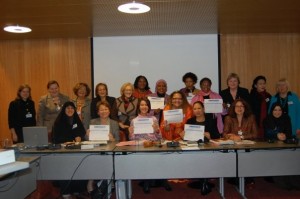
Many of my colleagues joined this signature campaign to end violence.
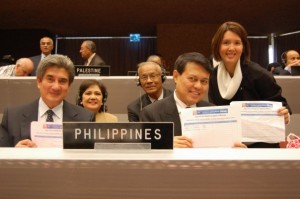
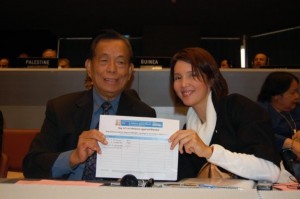
My office and some local groups we work with conduct seminars to increase awareness on this issue.
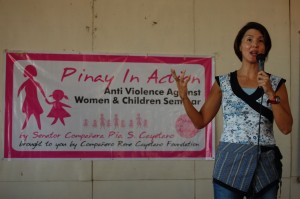
Below is a partial replication of the Primer on Violence against Women and Children that my office distributes. It includes contact information on where to go for help.
What are the different acts of violence.
1. Physical violence – acts that include bodily or physical harm;
2.Sexual violence – acts which are sexual in nature;
3.Psychological violence – commission or omission of acts which cause mental or emotional suffering of the victim;
4.Economic abuse – acts that make a woman financially dependent on the offender.
Who are protected under the law?
The Anti-VAWC Act protects women and their children, specifically:
1.Wife or former wife of the offender;
2.Woman with whom the offender has or had a dating or sexual relationship;
3.The mother of the child of the offender;
4.The child, whether legitimate or illegitimate of the woman.
Who are punished by the law?
The following are liable:
1.Husbands or former husbands;
2.Any person with whom the victim has or had a sexual or dating relationship (e.g. boyfriends, live-in partners, or lesbian partners);
3.Any person with whom the victim has a common child;
4.Father of the child-victim
What can a victim of violence do?
The victim can file any or all of the following:
1.Protection Orders
a. Barangay Protection Order
b. Temporary and Permanent Protection Orders
2.Independent Civil Action for Damages
3.Criminal Action for Violation of the Anti-VAWC Act
What is a Barangay Protection Order (BPO)?
A BPO is the protection order issued by the Punong Barangay, or by any kagawad, if the Punong Barangay is unavailable. It commands the offender to refrain or stop from committing or threatening to commit harm to the victim. The Order is valid for only 15 days.
What is a Permanent Protection Order (PPO)?
A PPO is the Order issued by the court commanding the offender from further committing or threatening to commit harm to the victim. It is issued after notice and hearing wherein the offender is given the opportunity to present his evidence. A PPO is effective until revoked by a court upon application of the victim or by an authorized applicant, if the application was not filed by the victim.
What are the penalties for committing VAWC?
If the courts have proven that the offender is guilty of the crime, he may be imprisoned and will be obliged to pay P100,000 to P300,000 in damages. The length of imprisonment depends on the gravity of the crime.
WHO TO GO TO FOR HELP:
(Updated directory as of 28 November 2012)
• Law enforcement:
National Bureau of Investigation -VAWCD
Tel. (02) 5256028
• Crisis Centers:
Women’s Crisis Center, East Ave. Medical Center
Tels. (02) 5450836
DSWD Crisis Center
Tel. (02) 9517433
Quezon City Hall
Tel. (02) 9271588, 9269344
Women’s Desk Philippine General Hospital
Tel. (02) 5548400 loc. 2536
• Legal Assistance:
Women’s Legal Bureau
Room 505, UP College of Social Work and Community Development (UP-CSWCD)
University of the Philippines-Diliman, Quezon City
Tel. (02) 9214389
Department of Justice Public Attorney’s Office (DOJ PAO)
Tel. (02) 929 9436 loc. 106 & 107
• Counseling:
Gabriela
Tel. (02) 3743452
• Information/Advocacy:
Saligan
Tel. (02) 4266001 loc 4858-60


